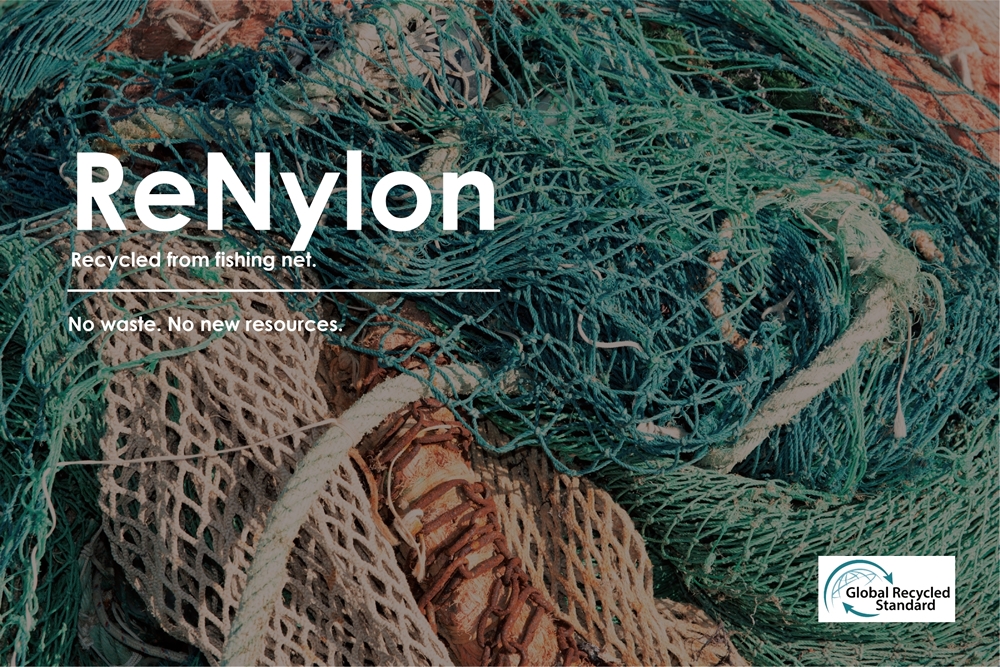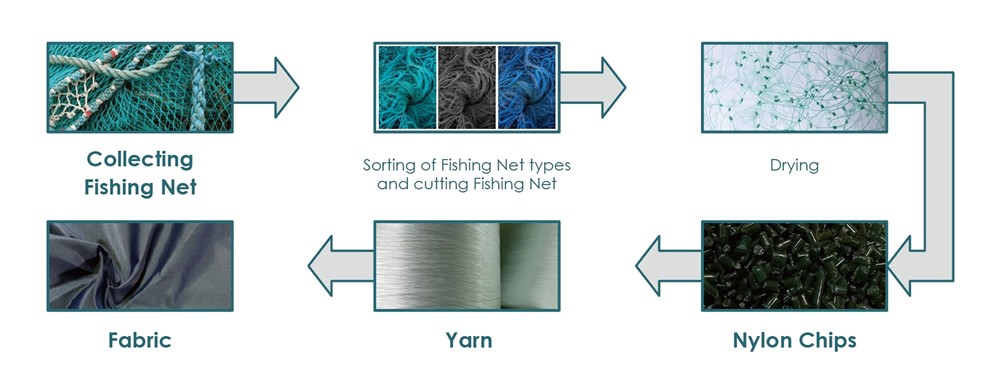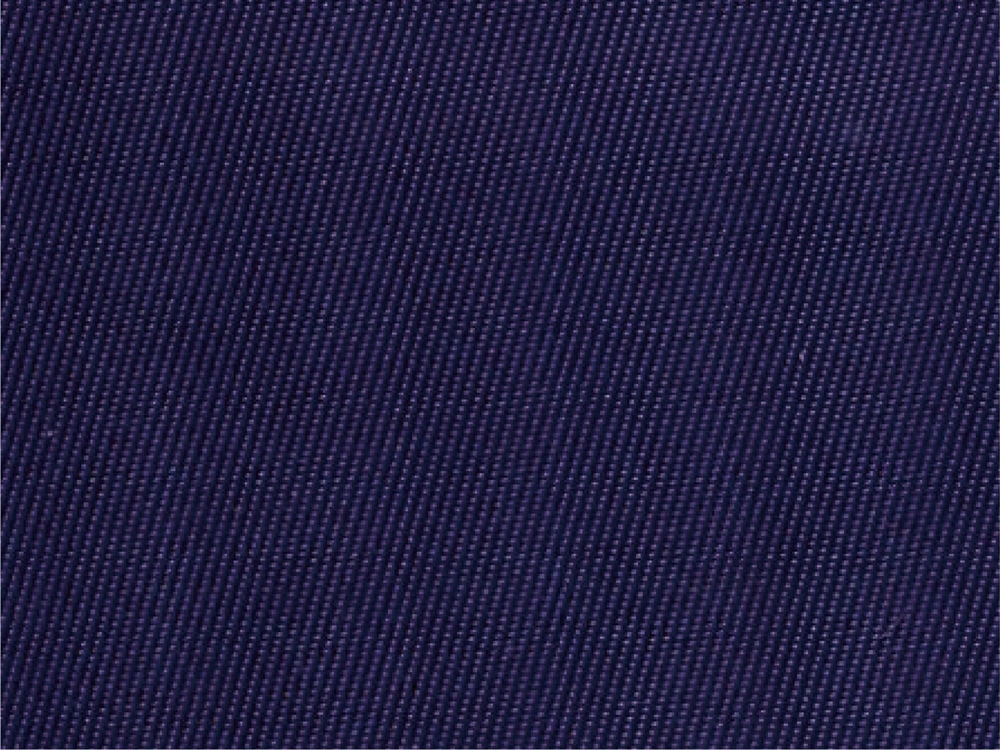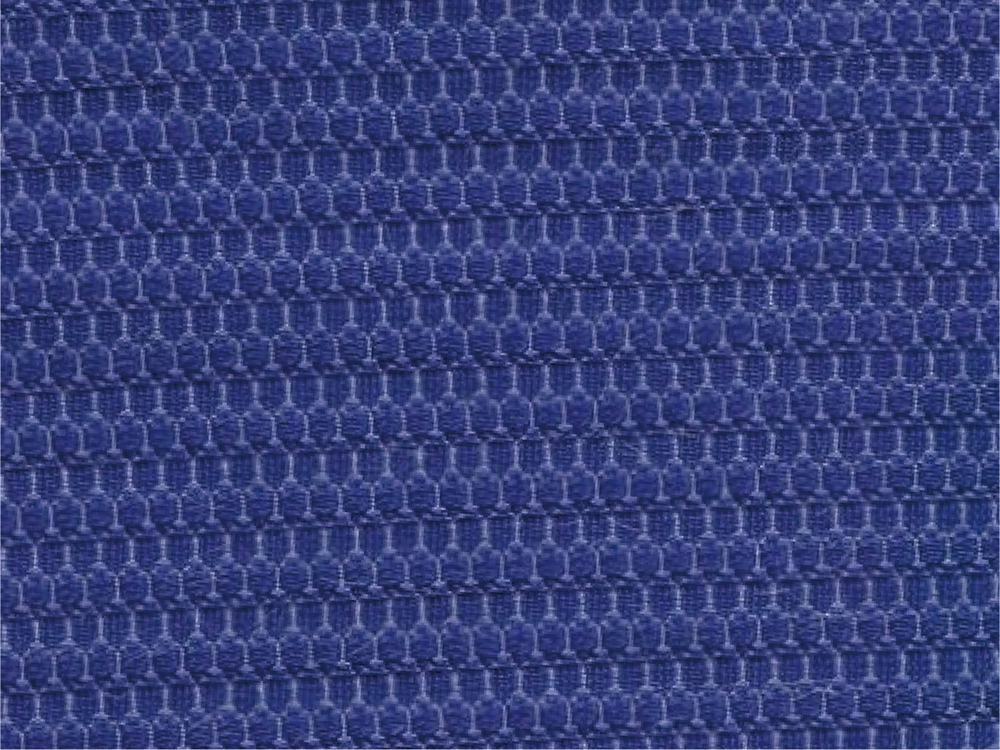ReNylon
Recycled from fishing net. No waste. No new resources.

Because of our desire, there is more and more waste around the environment.
Marine debris injures and kills marine life, interferes with navigation safety, and poses a threat to human health. Our oceans and waterways are polluted with a wide variety of marine debris ranging from soda cans and plastic bags to derelict fishing gear and abandoned vessels.
Today, there is no place on Earth immune to this problem.

A majority of the trash and debris that covers our beaches comes from storm drains and sewers, as well as from shoreline and recreational activities such as picnicking and beach going.
A bandoned or discarded fishing gear is also a major problem because this trash can entangle, injure, maim, and drown marine wildlife and damage property. Every waste comes to future bright, we need to face the dam.
Taiwan is situated in the sub-tropic, surrounded by seas, with Kuroshio current along its east coast, and continental shelf extending from its west coast, where warm and cold currents meet, and its east and west coasts are marked by rocky and sandy features. Such diverse natural marinesceneries as offshore sandbanks and wetlands, as well as diverse marine ecosystems provide great opportunity for developing fisheries. With the active assistance of the government, and research and development of academic and research institutes, coupling with the concerted efforts of the industry, Taiwan’s fisheries prospered, generating a total production volume of 1.20 million tons, and a value of NT Dollars 95 billion (approximately US$3.1billion).
There were about 330 thousand people engaging in the work of fishery in recent five years.
According to 2016 FAO statistics of the world’s fisheries production published in 2018, Taiwan was the 27th top fisheries producer, and one of the most important high seas fishing countries.

JZ-W3424 / 58”
100%ReNylon-Fishing Net(Can be50%)

JZ-T4570 / 44”*220g/y
18%Recycled PET, 18%Spandex, 64%ReNylon-Fishing Net

